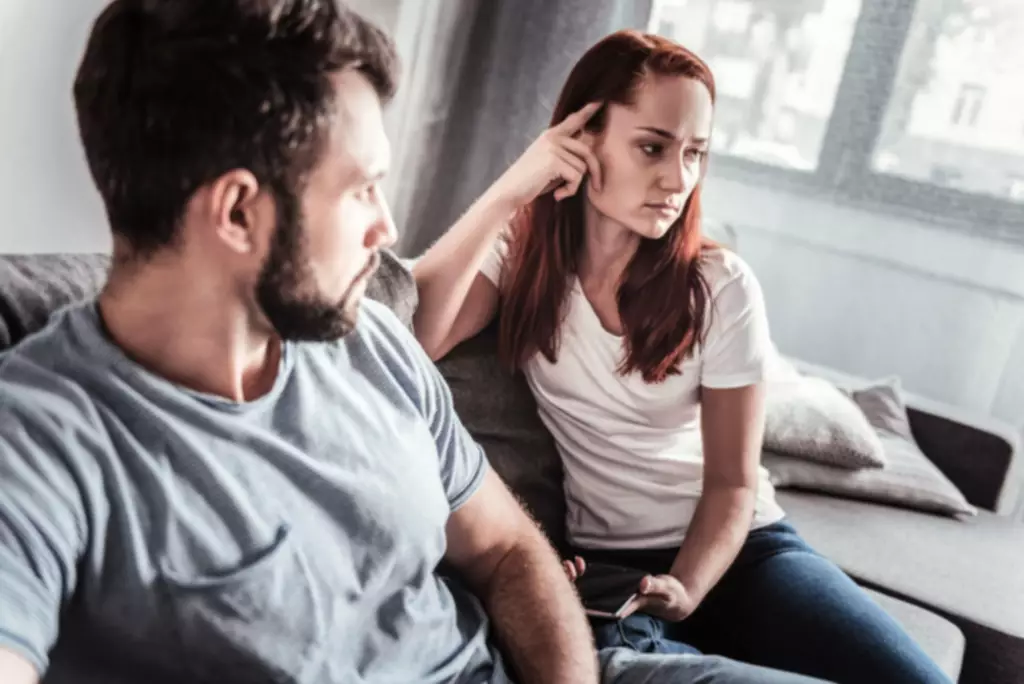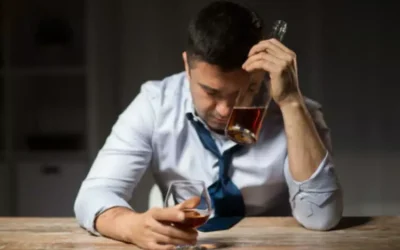Cant Sleep without Alcohol? Drinking to Fall Asleep: Insomnia & More
Content
- Insomnia After Quitting Alcohol
- R.D.-Recommended Habits for Better Sleep
- Alcohol Withdrawal and Insomnia
- Alcohol & Sleep: Dependent on Alcohol to Sleep
- Why Alcohol Messes With Your Sleep (and What to Do About It)
- Cognitive-Behavioral Therapy for Alcohol Withdrawal Insomnia
- Alcohol interrupts the four stages of sleep
- Alcohol Helps You Fall Asleep, How Can it Cause Alcohol Withdrawal Insomnia?
Multiple relaxation methods can be used to help you wind down and fall asleep. These include breathing exercises, visualization exercises and progressive muscle relaxation. Falling asleep and getting a full night’s rest are real problems that need to be managed effectively to maintain sobriety. Thankfully, sleeping without alcohol is an achievable goal if you follow several recommended strategies.
- If you’re in recovery, your healthcare provider will need to weigh the risks and benefits of prescribing these medications for insomnia.
- I have tried all of the above with good results, and I still use 5-HTP and L-theanine on a regular basis.
- Withdrawal symptoms, including insomnia, will usually set in within eight hours of the last drink, peaking within 24 – 72 hours.
Those who stop using alcohol are likely to eventually experience better quality and longer-lasting sleep. In the beginning, however, sleep may be more difficult for those who have relied on using alcohol to get to sleep. Stopping alcohol use removes this sleep aid, potentially leading to difficulty initially getting to sleep. At 6 months, the average subject was a “good” sleeper (a PSQI of under 5).
Insomnia After Quitting Alcohol
Doctors have found that on its own, alcohol can narrow your upper airway and lead to sleep apnea problems, even if you have never had them before. Studies have shown that when you get up the next day, you may be less alert because of your drinking the night before, even though you no longer have alcohol left in your body. The brain then moves on to the next stage of light sleep, but there is an increase in brave wave frequency, followed by a further slowing down.
- “The body is really miraculous in coming into a homeostatic state,” she said.
- People in alcohol recovery take a long time to fall asleep, have problems sleeping through the night, and feel that their sleep is not restorative.
- Alcohol abuse and co-occurring sleep disruptions are serious and should be treated.
- Your central nervous system becomes more excitable, counteracting the effects of alcohol.
- “I have always found that there isn’t a return to the level of drinking prior because your body isn’t used to it,” Witkiewitz said.
- His research and clinical practice focuses on the entire myriad of sleep disorders.
For most people, insomnia and alcohol withdrawal will end after about a week. However, some people may continue to experience insomnia related to their alcohol use disorder for weeks or months. These people can benefit from continuing with sleep medication or seeking cognitive-behavioral therapies for insomnia, which have been shown to be effective at improving sleep quality in recovery. Between 25 and 72 percent of people in treatment for an alcohol use disorder (AUD) complain of sleep problems, according to the Substance Abuse and Mental Health Services Administration (SAMHSA).
R.D.-Recommended Habits for Better Sleep
Also, use caution regarding how many liquids you drink prior to bedtime, as this is important in order to prevent having to wake-up to use the restroom during the middle of the night. Typically, alcohol withdrawal symptoms happen for heavier drinkers. Alcohol withdrawal can begin within hours of ending a drinking session. Some people in recovery may try to start drinking again to improve their sleep. However, the alcohol will continue to damage their sleep cycles, and the problem will not get better. Complementary treatments like yoga, meditation, and massage are very effective in reducing insomnia after quitting alcohol.
Tell your doctor if you see, hear, or feel things that aren’t there. If possible, before seeking treatment, an alcoholic should try gradually reducing their intake before quitting altogether. Guided detox programs, like the one offered at United Recovery Project, can help ease withdrawal symptoms. With alcoholic insomnia the proper support, you can focus on developing healthy sleep habits and prepare for an addiction treatment program. Good sleep hygiene is vital to the healing process and an improved quality of life. Regular exercise is essential to alcohol addiction recovery, and it’s great for your overall health.
Alcohol Withdrawal and Insomnia
The end result is that you can wake up dozens or even hundreds of times during the night and not realize it, interrupting your natural sleep cycle. Some of these drugs have side effects, such as daytime drowsiness, which may not feel like much improvement from not sleeping well at night. Talk with your doctor before trying medication, especially if you’re going through detox. The evidence to date suggests that subjective and objective sleep continuity variables (insomnia) are robust predictors of relapse during recovery from alcohol dependence. On the other hand, the relationship between relapse and sleep architecture variables remains to be fully elucidated. Targeting insomnia during recovery from alcohol dependence may thus improve treatment outcome for the alcoholic patient.
- Insomnia is one of the most common symptoms of alcohol withdrawal.
- In this stage, sleep spindles occur, which is your top brain (cortex) engaging with your center brain in order to consolidate short-term memories to long ones, remember your dreams, and more.
- This may seem confusing at first, but it is based on the theory that spending too much time in your bed can cause you to have insomnia.
I’ll explore both, but it’s important to note that many factors can impact the type and severity of insomnia you experience. The answer to this question depends on a number of factors including how much you drank, how long, genetics, overall health, and underlying mental health conditions. Jennifer is a healthcare executive, and the founder of Kinkaid Private Care, a private health management company specializing in assisting patients in their homes with complex medical diagnoses. Jennifer is a registered nurse with more than 20 years of experience working in some of the most highly regarded hospitals in Los Angeles and Orange County. Over the years she has developed an extraordinary network of highly qualified nurses with various specialties. This network allows her to provide the best medical experience and match specialized nursing care to the specific needs of her clients.
That’s not a simple answer due to the many differences in each person’s level of addiction. For some, a few weeks of tossing and turning may be all they experience. I really believe that kava powder is an underrated solution for occasional sleeplessness – and more importantly, that it can help many people suffering from alcohol withdrawal insomnia. I know from experience that there are supplements and lifestyle strategies that can be of tremendous help in restoring biochemical balance and stopping alcohol withdrawal insomnia. Drinking to excess will typically have a more negative impact on sleep than light or moderate alcohol consumption. However, since the effects of alcohol are different from person to person, even small amounts of alcohol can reduce sleep quality for some people.

A person with insomnia may also get adequate sleep yet still have an unrestful sleep. While cirrhosis scars from excessive drinking are irreversible, quitting alcohol and leading a healthier lifestyle can help your liver heal from alcohol-related liver disease. That is why alcohol detox and alcohol withdrawal treatment is administered by medical professionals. With help from experienced professionals, substance use and co-occurring insomnia can be treated effectively. If you believe your drinking may be problematic, you may learn about the differences between casual and problematic drinking by taking a self-assessment.
Stimulants such as caffeine should be avoided, especially at night. Using electronics like TV or smartphones before bed should also be avoided. Eye movement increases, often seeming to jerk around, breathing increases and can be irregular and shallow, blood pressure increases and dreams begin.

When I quit drinking, I was prescribed a benzodiazepine called Ativan. I was tapered off of this medication slowly over the course of two weeks, because benzodiazepines stimulate GABA receptors powerfully and can cause addiction in a short time span. https://ecosoberhouse.com/ A growing number of people have had success using kratom to reduce the symptoms of alcohol withdrawal, including insomnia. Interestingly, kava bars are cropping up around the U.S. – and they’re a huge hit with people who have quit drinking alcohol.

No comments